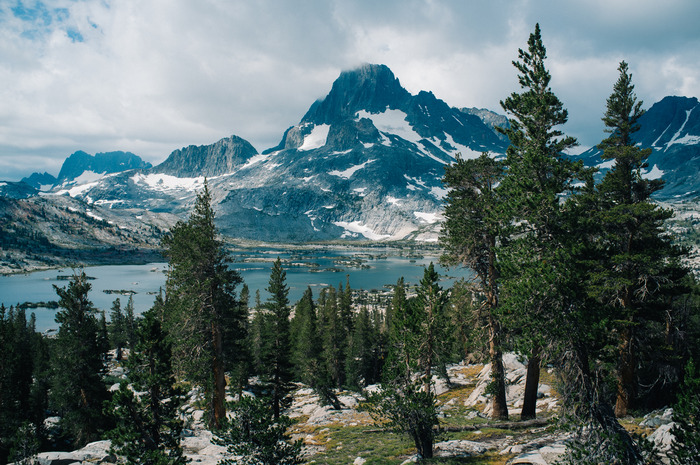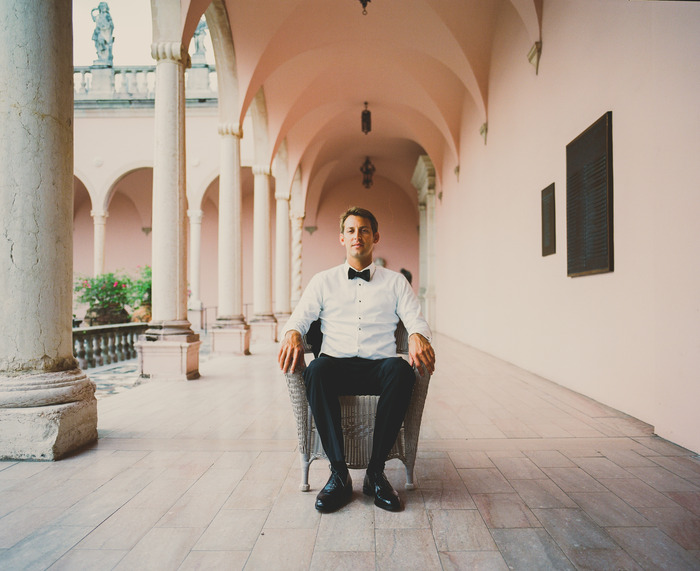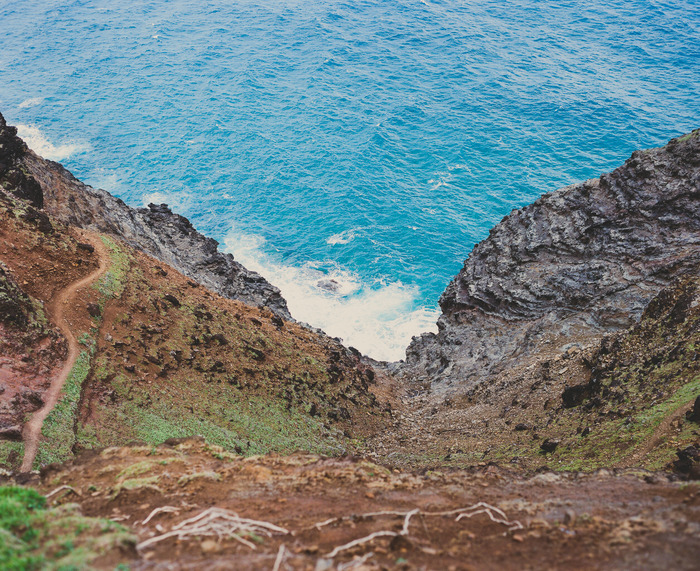Photography
Leica CL, Leica 40mm ƒ/2 Summicron-C, Portra 800. Seattle.
I've always been a photographer, but I'd come to it analytically. My excitement came from the technology inside the cameras: new sensors, new designs, video. For years, I relished cameras for the high technology they demonstrated and took photos that exercised that technology: high ISO, large aperture lenses, night photography. Essentially, I started taking photos to satisfy my curiosity with how cameras worked.
There are hundreds of websites dedicated to the technology treadmill that is the digitial photography market. Every day, thousands of people hem and haw over the latest cameras and the advancements or trade-offs they represent. You could count me among them for years.
Fuji X100. Thousand Island Lake in the Sierra Nevada.
Then, four years ago, I bought a Fuji X100. My ex-wife picked it up and suddenly discovered a passion for photography, something that my numerous other cameras never inspired. She quit her job and started shooting full-time, mostly weddings. This gave me an avenue to exercise my years of amateur interest by second-shooting what's now dozens of times. That single camera did something for me that previous cameras hadn't — it married high technology of the modern digital camera with a reverence for photography's past. Fuji invented new technology just so the act of taking a photo felt like it used to.
Pentax 6x7, Pentax 55mm ƒ/4 SMC, Portra 400. Sarasota, Florida.
The main innovation is a separate optical viewfinder that was designed to emulate rangefinder cameras like the Leica M3. The camera has you compose photos through a separate optic, not through the lens like an SLR. This disconnection from the result, where you don't see what you're going to get before you take the photo, is actually a novel concept for folks that came to photography after the digital revolution. It's a subtle thought that being removed from the direct output of the camera sets you up to be surprised and delighted when the photo is a great one. It trains you to be a photographer and not a camera operator.
You see the world, think about how you can manipulate the camera to capture your vision of something, take the photo, and hope. That's a powerful idea.
Pentax 6x7, Pentax 105mm ƒ/2.4 SMC, Portra 400. Na Pali Coast, Kauai.
Today, when not taking photos professionally, I only shoot film. I own a couple simple, mechanical machines that will last forever. You take a photo and then you're done. You don't look at the results and wonder if you should recompose. You don't pass it around to everyone to show people how cool something looks. There's no burst mode where you end up with 35 shitty photos of the same thing. You stay in the moment, look and consider, take a photo, and move on. Film fully disconnects you from the results.
Some time later, you get to re-experience that moment when the prints or scans come back from the lab. It's a little gift from your recent history. You're set up to be surprised and delighted.
How do these cameras work? I don't know, really. Producing and processing film is complicated. But for once, I don't care. The only upgrade cycle is trying out new film. That's a beautiful thing.



